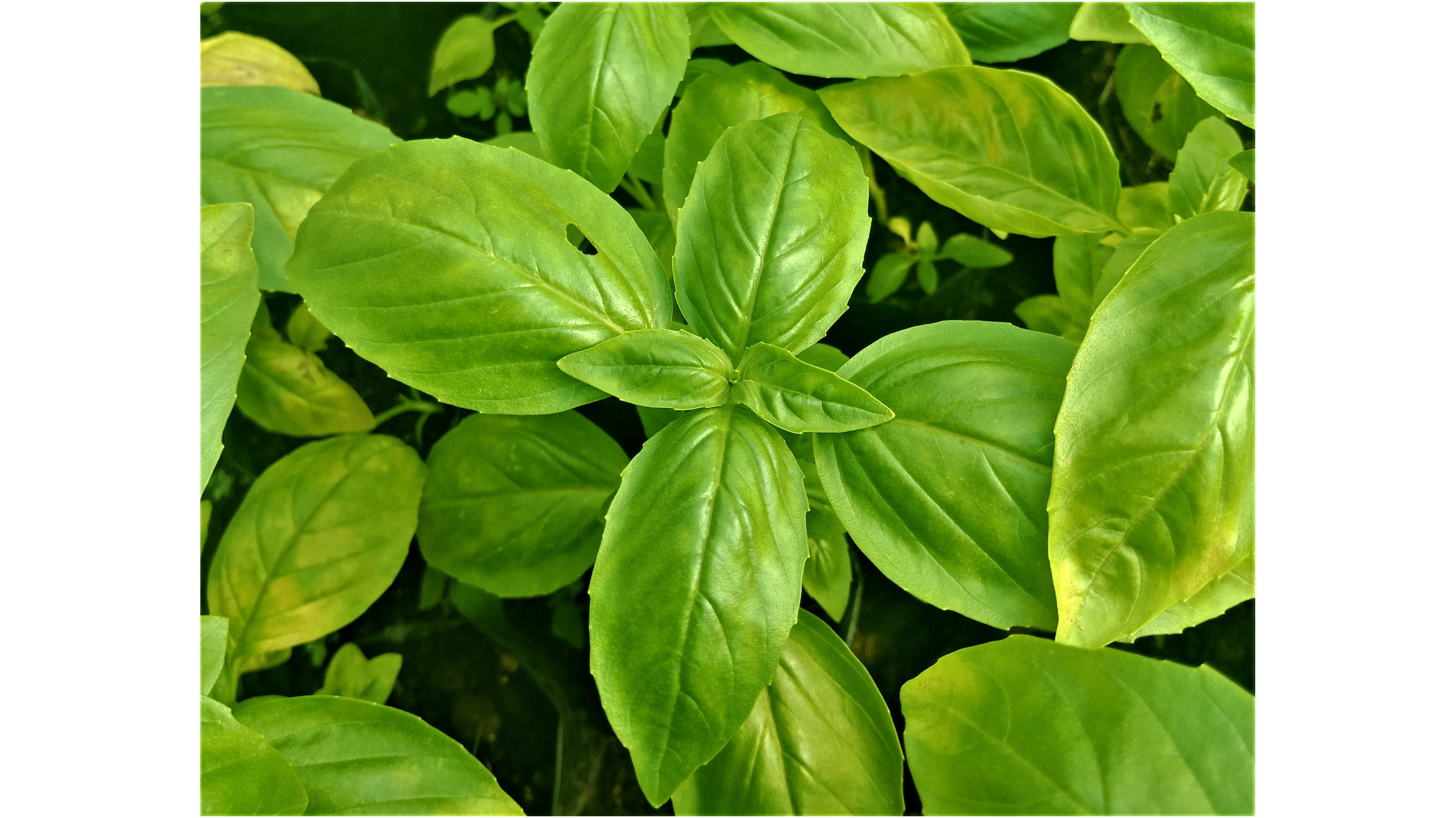Want to protect your garden from pests but don’t want to use chemicals? Then try some of the natural insect-repelling plants from Better Living Magazine’s new guide!

Some insects are welcome visitors to gardens, but others can wreak total unyielding havoc! To help you deal with this latter group, Better Living Magazine has created a list of six plants you can use in your garden to naturally deter aphids, caterpillars, and other foliage-decimating pests. The guide also shares some simple planting strategies you can follow for maximum defense against intruders.
Check out the list by visiting https://betterlivingmagazine.net/top-insect-repelling-plants-for-a-pest-free-garden-best-natural-solutions-guide
There’s a tendency for gardeners to reach for pesticides the moment they discover pests in their gardens. However, pesticides, while effective in the short term, pose a serious long-term threat to the environment. Instead, Better Living Magazine argues that you should use plants with repelling aromas and physical deterrents like fuzzy leaves to prevent pests from invading your garden.
“Pesticides can harm beneficial insects like bees and ladybugs, which are crucial for pollination and natural pest control,” explained a spokesperson for the company. “A more sustainable approach is to incorporate plants that naturally repel pests, reduce the need for chemicals, and promote biodiversity.”
When it comes to garden invaders, some of the worst culprits are aphids, caterpillars, mosquitoes, slugs, snails, and whiteflies. Each of these species poses its own unique challenges, but generally, they all like to congregate near plants because they are a steady source of food and shelter.
According to Better Living Magazine, one of the most effective insect-repelling plants is citronella, which is used as the foundation for many mosquito repellents. Marigolds and lavender are also useful plants to have in gardens, because their blooms and fragrances, though attractive to humans, are off-putting to pests.
If you use your garden to grow herbs and spices, there are several insect-repelling plants you can incorporate into your garden as well. Mint and basil, for example, are particularly offensive to ants, aphids, flies, and moths. Similarly, garlic can be used to target pests that bore and burrow into roots and branches.
When planting insect-repellent plants in your garden, Better Living Magazine encourages you to take a companion planting approach where possible, as this can bolster the effects that plants have on pests. Moreover, regular maintenance like pruning and deadheading should be performed to ensure your plants continue to do their jobs.
“With the right selection and placement of insect-repelling plants, you can create a beautiful, thriving garden that’s a joy to be in, not just for you, but for all the beneficial creatures that make it their home,” said the spokesperson. “By embracing the power of natural protectors, you can enjoy the peace of mind that comes with knowing your green oasis is well-guarded against pests.”
Go to https://betterlivingmagazine.net/top-insect-repelling-plants-for-a-pest-free-garden-best-natural-solutions-guide and start creating that green oasis today!
